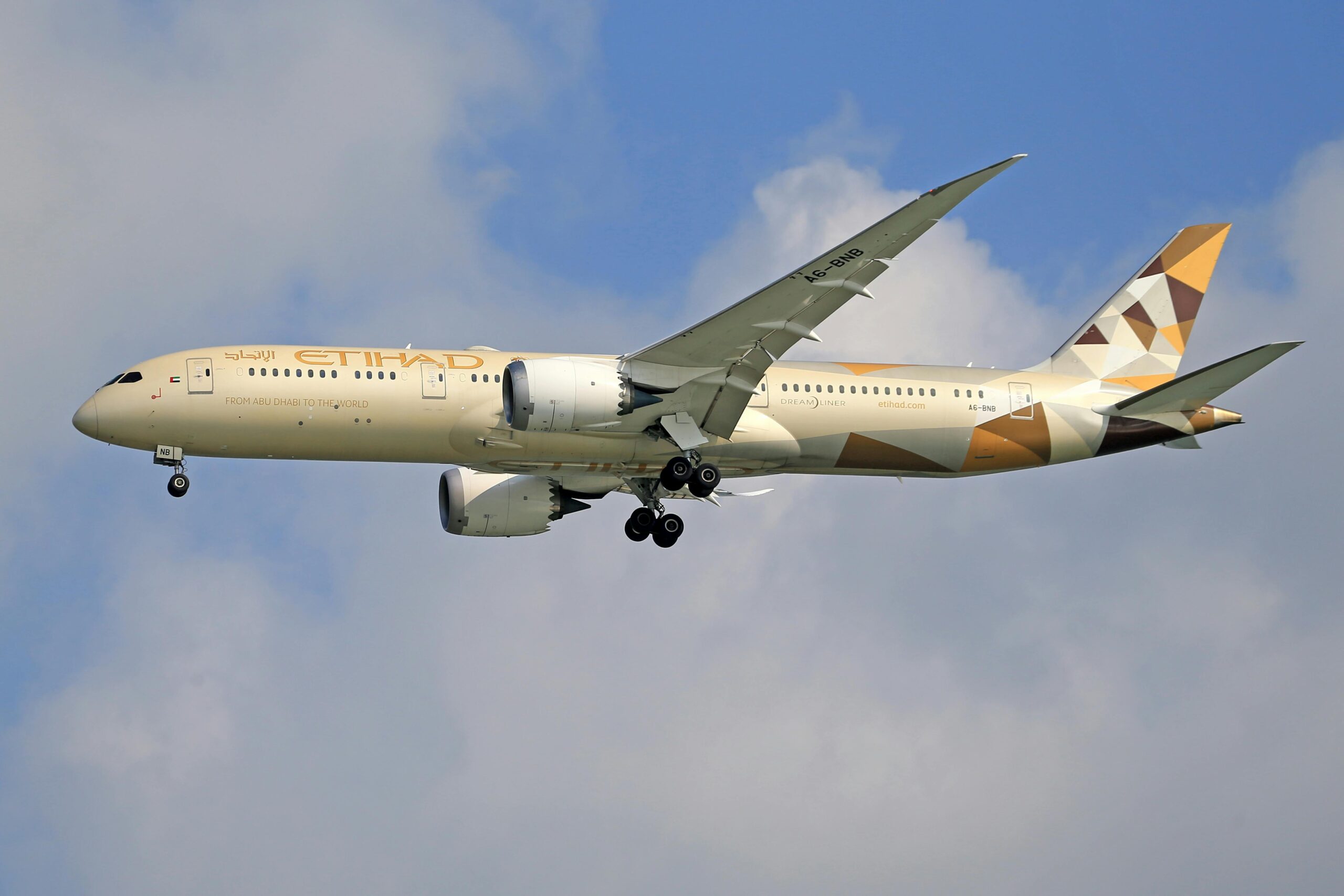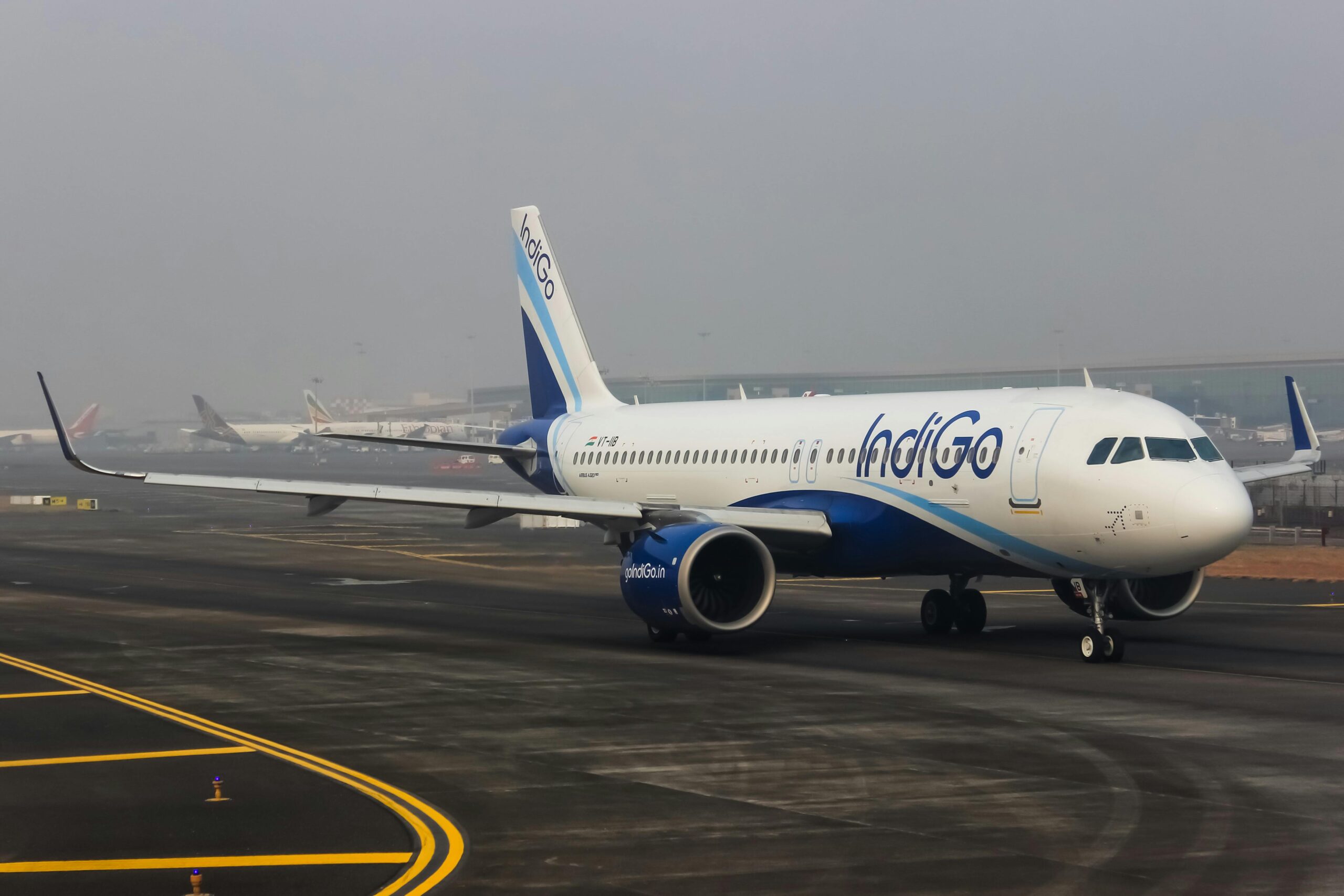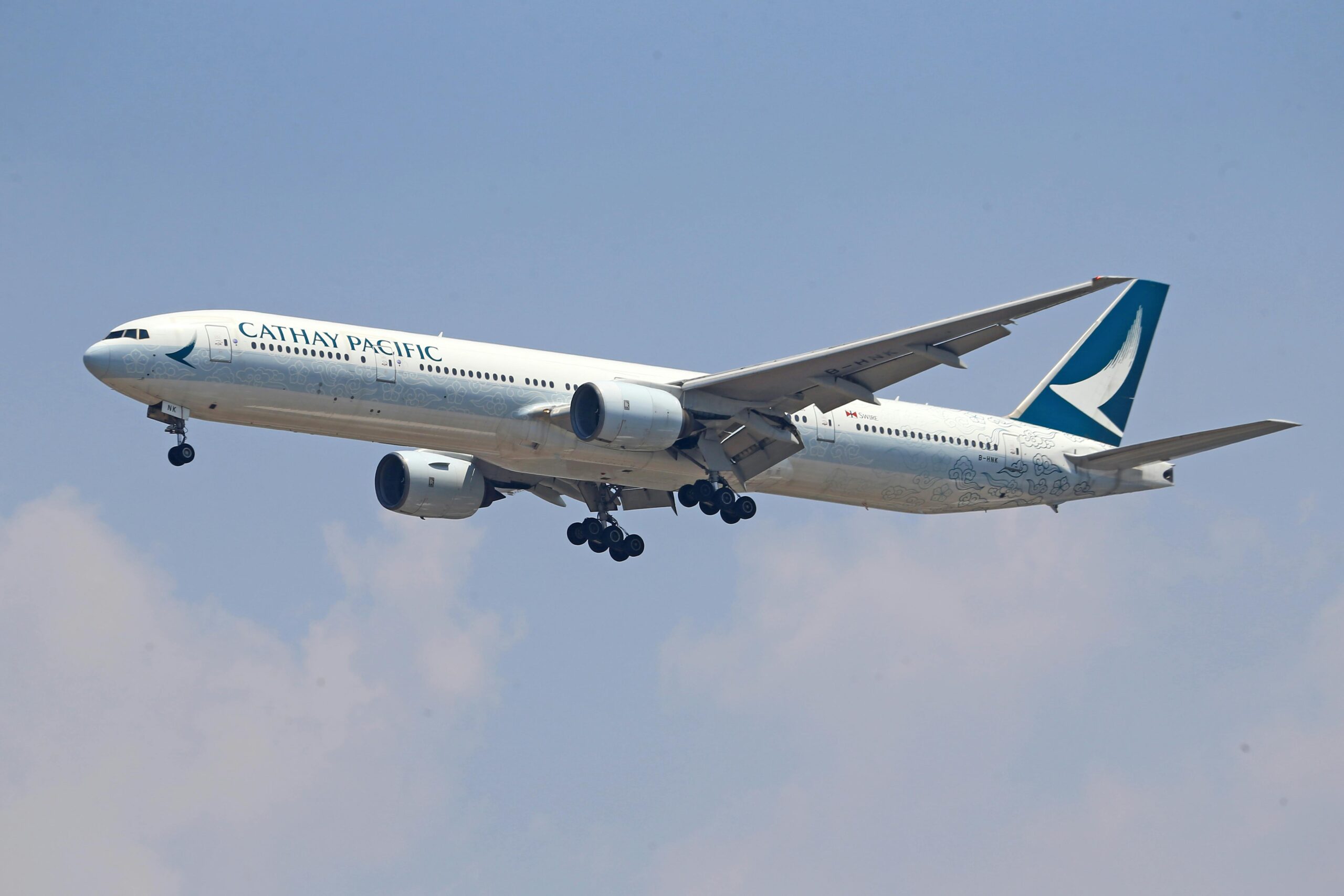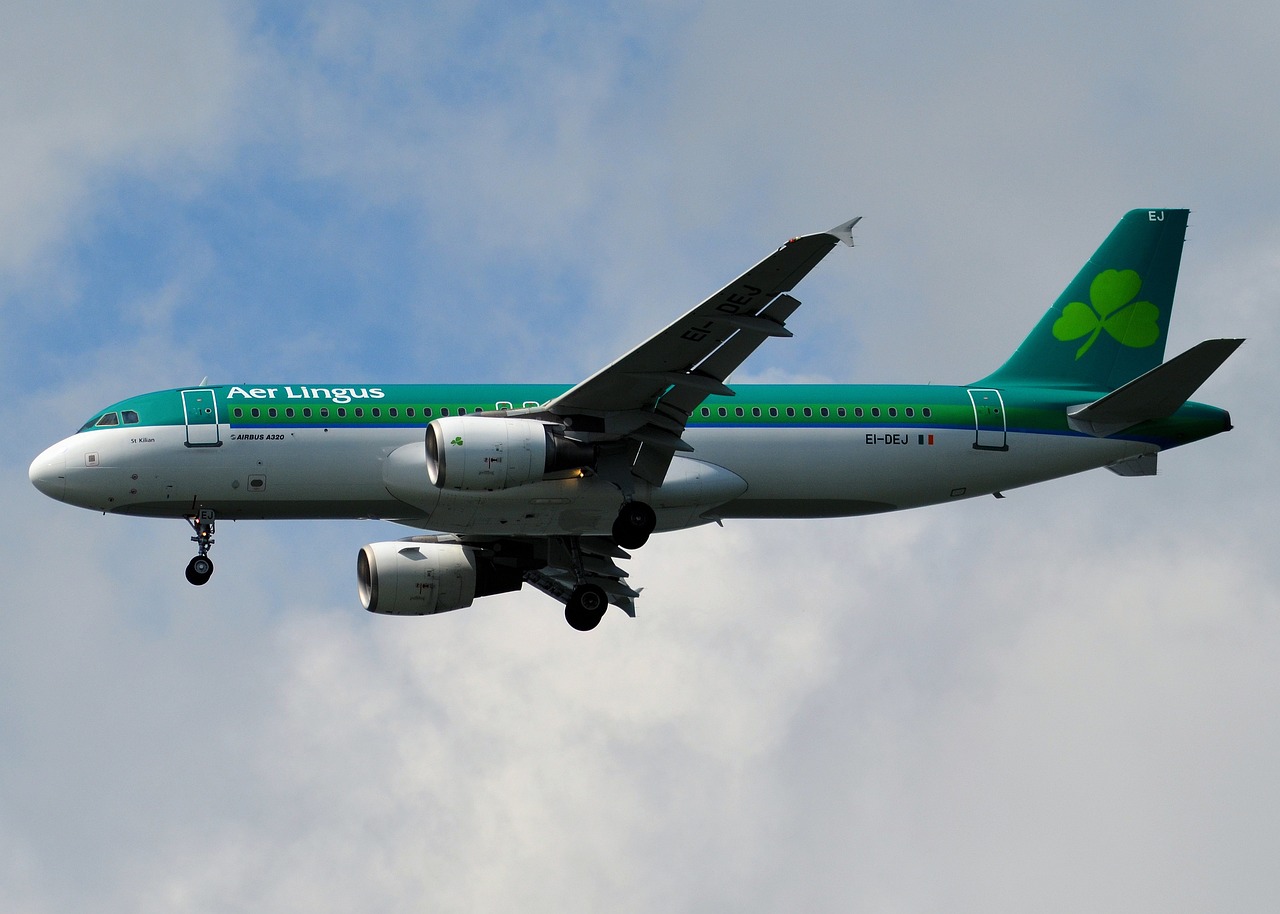Etihad has shown remarkable progress in sustainable aviation, as highlighted in its 2023 Environmental Report. The airline reduced passenger carbon intensity by 45.3%, moving closer to its net-zero emissions goal for 2050.
Moreover, Etihad has implemented innovative measures to cut emissions, save fuel, and reduce waste. For instance, it conserved over 11,000 tonnes of fuel while offsetting 1.5 million kilograms of CO₂. Additionally, advanced flight technologies helped optimize operations further.
At the same time, Etihad focused on cost efficiency and waste reduction. For example, it achieved an 8% drop in operational costs and improved fleet utilization by 11%. Besides these efforts, the airline removed 233 million single-use plastics and planted 182,000 mangrove trees to support carbon capture and biodiversity.
Etihad also relies on a modern fleet with an average age of just 7.5 years. These younger planes use less fuel and produce fewer emissions. In addition, the airline continuously replaces older aircraft with advanced models to meet sustainability targets.
Furthermore, Etihad invests heavily in sustainable aviation fuel (SAF) and works closely with industry stakeholders. By doing this, it ensures that innovation drives the transition to greener aviation. Moreover, its local sourcing initiatives and water-saving cleaning methods underline its commitment to practical sustainability.
Transparency remains a key aspect of Etihad’s approach. The airline regularly updates its environmental goals and aligns them with international standards. This focus on accountability ensures it can balance growth with environmental responsibilities.
Etihad’s forward-looking vision aims to set an example for global airlines. Through ongoing initiatives, consistent progress, and bold innovation, the airline continues to lead the way toward a sustainable future in aviation.
Related stories:
Catch up on the top stories and travel deals by subscribing to our newsletter!












Leave a Reply